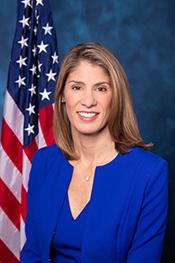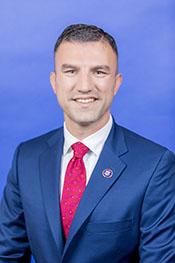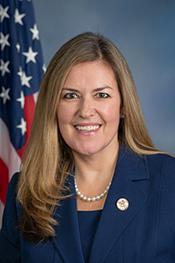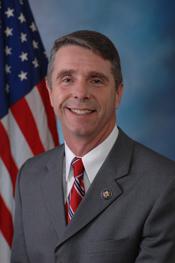0
Accelerating Kids’ Access to Care Act
10/4/2024, 8:07 PM
Summary of Bill HR 4758
One of the key provisions of the bill is the creation of a streamlined process for pediatric specialists to obtain a license to practice in multiple states. This would make it easier for children in rural or underserved areas to access specialized care without having to travel long distances.
Additionally, the bill aims to increase access to telehealth services for children by expanding reimbursement for these services under Medicaid and the Children's Health Insurance Program (CHIP). This would allow children to receive care from pediatric specialists remotely, reducing the need for in-person visits and making healthcare more accessible for families. Overall, the Accelerating Kids' Access to Care Act seeks to improve access to healthcare for children by making it easier for pediatric specialists to practice across state lines and expanding telehealth services. This could have a significant impact on children's health outcomes, particularly for those in underserved areas.
Congressional Summary of HR 4758
Accelerating Kids' Access to Care Act
This bill requires state Medicaid programs to establish a process through which qualifying out-of-state providers may temporarily treat children without undergoing additional screening requirements. It also requires pass-through pricing models for covered drugs under Medicaid.
Specifically, states must establish a process through which qualifying providers may enroll for five years as participating providers to treat individuals under the age of 21 without undergoing additional screening requirements, unless the state has an agreement with other states that governs coverage of children with medically complex conditions that is in accordance with specified guidance from the Centers for Medicare & Medicaid Services (CMS).
A qualifying provider (1) must not have been excluded or terminated from participating in a federal health care program or state Medicaid program; and (2) must have been successfully enrolled in Medicare or a state Medicaid program based on a determination that the provider posed a limited risk of fraud, waste, or abuse.
In addition, the bill requires pass-through pricing models, and prohibits spread-pricing, for payment arrangements with pharmacy benefit managers under Medicaid.





